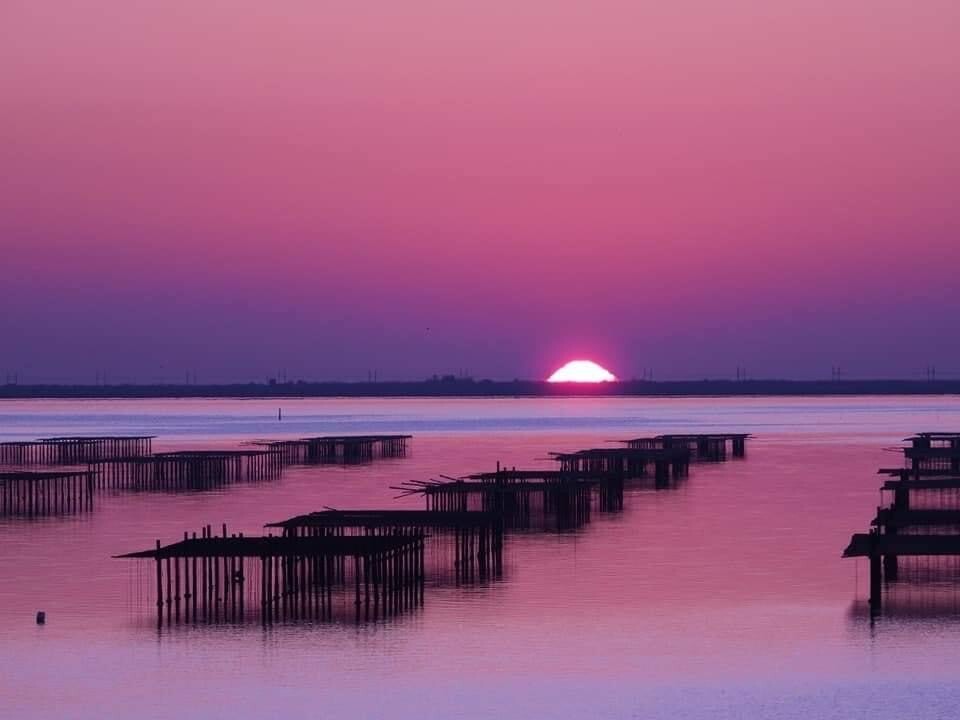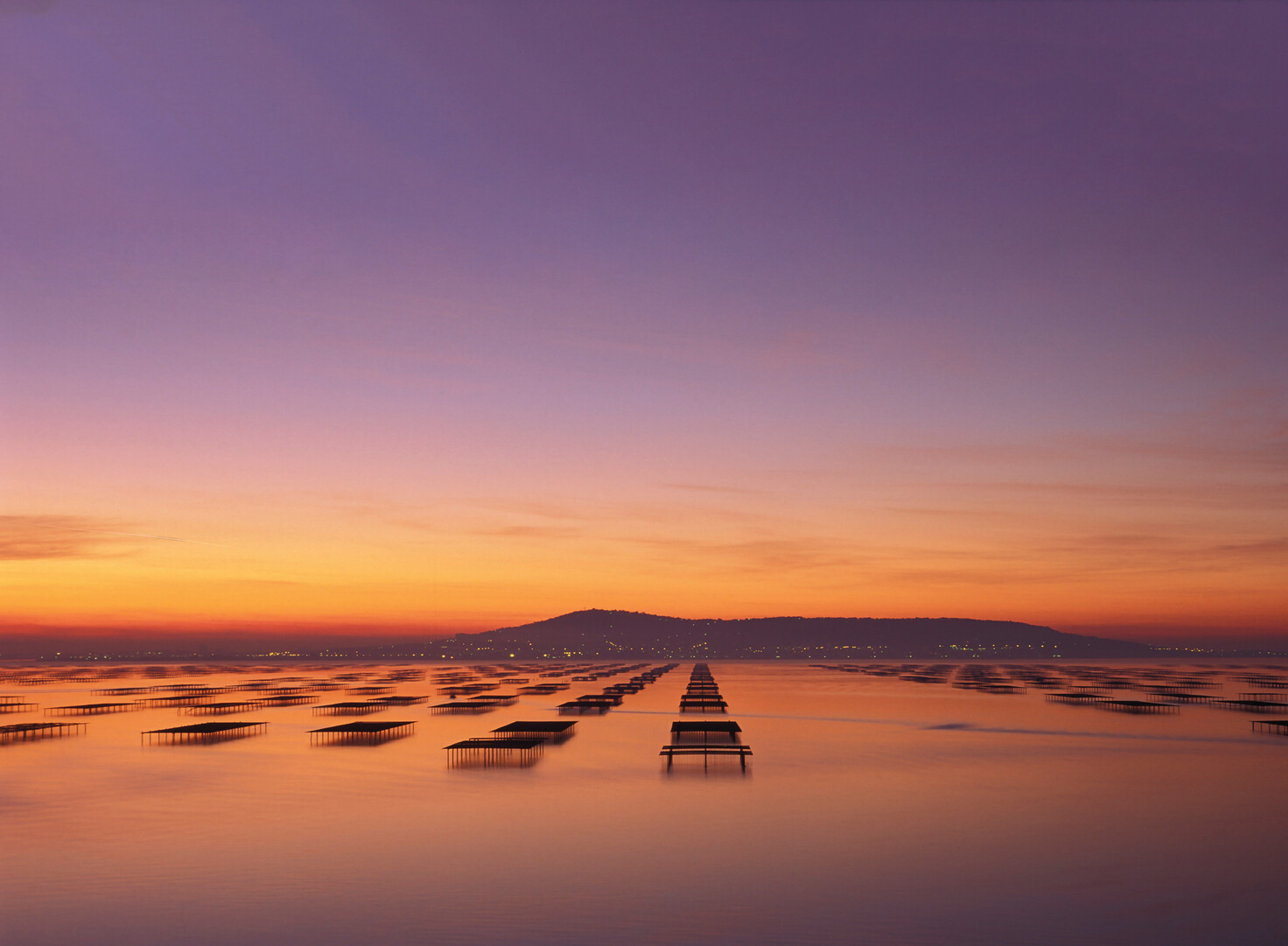
Heliotropism: the alternative medicine that comes from the sky
Heliotropism (from the Greek words Helios, 'sun', and Tropos, 'tower': to turn towards the sun) is characterised by the movement of certain populations towards sunnier regions. It should be noted that this phenomenon was renamed "Phototropism" at the end of the 19th century by Charles and Francis Darwin. Thus, many Europeans living in Northern Europe acquire second homes in Southern Europe such as the South of France to take advantage of the mild Mediterranean climate.
We are talking here about amenity migration and not climatic constraints. The aim is simply to get closer to an appreciable and pleasant environment to improve one's well-being, lifestyle, physical health and morale. When Man is free to choose or suddenly allows himself to become so, he adopts a reflex of biomimicry and instinctively turns towards the light like a sunflower, which does not turn towards the sun, as is commonly believed, but towards the light.
The Hérault, regular but moderate sunshine!
In 2021, the Hérault department has been ranked as the 7th sunniest department in France, behind the Bouches-du-Rhône, the Var and Corsica. This ranking is a considerable asset in these times of global warming. The prospect of a radical paradigm shift has already begun in terms of tourism. The ultimate quest is no longer to target the hottest territories, but rather those that continue to offer a pleasant and comfortable level of sunshine. The Hérault department, for example, has 300 days of sunshine per year with a temperate climate on the Mediterranean.
On Thau, the gradations take on a life of their own!

The Thau lagoon is famous for its enchanting sunrises and sunsets. Unrivalled in terms of gradations, it benefits from a mirror effect on the lagoon which is absolutely incredible. Perfectly smooth and sheltered from the tides, the Thau lagoon intensely reflects the sun's light, ranging from yellow to pink, even red, or a dark blue tending towards violet. This natural singularity undoubtedly contributes to the embellishment of the territory and its aestheticism. The "Mozart Circle" of the Mediterranean region has already expressed the idea of registering the Etang de Thau as a UNESCO World Heritage Site.
How does this magic of light work?
The variations in colour are due to the distance the light travels in the atmosphere. The light first passes through a layer of nitrogen, oxygen, rare gases, but also dust, pollen and various other pollutants that make up the atmosphere, before coming to rest on the ground or spreading out on the surface of the water in perfect symmetry. The more molecules this light encounters in its path, the more it diffuses.
At sunrise and sunset, the sunlight travels a long way through the atmosphere: all the colours with short wavelengths disappear and the colour of the sky and the sun turn pink, orange or red. In the middle of the day, there is little light scattering because the path of the sun's rays through the atmosphere is short and the sky is blue. In the mountains, this path is even shorter and the blue of the sky becomes stronger until it appears dark blue.
Why is the Thau basin so famous for its lights?
Even if the municipality of Marseillan fights against light pollution, colour hunters know that they will always be satisfied by coming here and will never leave empty-handed. The size of the lagoon, 70 km2, and the distance that separates Marseillan from Sète, for example, is enough to welcome a moment of grace that we owe to the dark side of the place, purified of all urban pollution, except for a fine garland of lights that stretches timidly into the distance to border the feet of Mont Saint-Clair.
Miguel Espada, founder of the investment company Slowlife Capital and director of the real estate group Propriétés & Co, developing second home real estate project Port Marseillan is a lover of the Thau Basin: "the sunsets and sunrises over the basin are light shows of a rare intensity that create magical moments and strong emotions!
Then, of course, the magic of the water takes over and doubles the intensity of the colours by adding even more subtle nuances. The flat calm of the Etang de Thau concentrates and retains these coloured pixels that have fallen from the sky, delicately nestled in its arms, trapped and stuck in the most marvellous and painless of clamps...
A second home opposite the Thau Basin: it's never too late!
Here's a brilliant idea to offer yourself a second life that could compensate for the bustle of the city and all the stress that comes with it. A second home in the south of France is a second chance!
The happiness hormone released!
Exposure to sunlight and ultraviolet rays releases serotonin, often referred to as the "happy hormone". A chronic lack of light can lead to "sluggishness". This is known as seasonal depression. It is particularly noticeable in northern countries where sunshine is limited to a few hours a day in winter. So, to be happy, do you have to head south? It's obvious that the amount of sunshine has a considerable impact on our mood and therefore - when it is regular - on our feeling of being well, more relaxed and happy.
But the benefits of the sun are not limited to making us feel more cheerful. It helps to regulate our internal clock, thus contributing to better sleep. UV rays synthesise vitamin D, a hormone that plays an important role in the functioning of cells and in fixing calcium in the bones. A feeling of well-being + better sleep + an even mood + more intense and frequent exposure to the sun behind our windows to help us reduce our energy budget = these are all arguments in favour of a pied à terre by the Mediterranean.
The "lux", which is the unit of measurement for illuminance (symbol: lx). For the record, it characterises the light intensity received per unit area. One lux is the illuminance of a surface that receives, in an evenly distributed manner, a luminous flux of one lumen per square metre. Clearly, Lux contributes to our happiness from within... When health is involved, the stakes become serious. It is therefore not surprising that the Hérault has been crowned the 2nd most attractive provincial department in France, with a dynamic demography due precisely to this attraction for a mild and sunny Mediterranean climate.